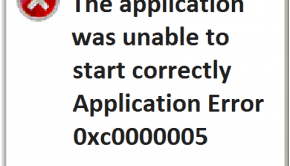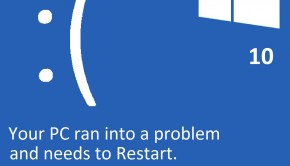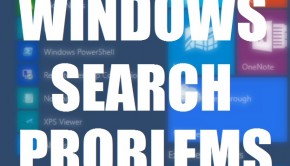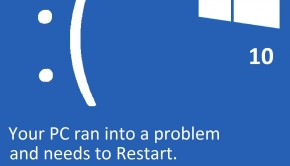How To Fix Web Browsers After Upgrading to Windows 10 Professional?
Reader Question:
“Hi Wally, After upgrading from Windows 10 Pro to Windows 8.1 Pro, web browsers stopped working. The browser opens but I get a Connection failure error. It is also happening on the Windows Edge browser.” – Karen W., United Kingdom
Before addressing any computer issue, I always recommend scanning and repairing any underlying problems affecting your PC health and performance:
- Step 1 : Download PC Repair & Optimizer Tool (WinThruster for Win 10, 8, 7, Vista, XP and 2000 – Microsoft Gold Certified).
- Step 2 : Click “Start Scan” to find Windows registry issues that could be causing PC problems.
- Step 3 : Click “Repair All” to fix all issues.
Setting up weekly (or daily) automatic scans will help prevent system problems and keep your PC running fast and trouble-free.
Wally’s Answer: Windows 10 has had a very successful run since its release. According to Microsoft, some 75 Million activations of Windows 10 have taken place. This means that there are many happy users of Windows 10 out there, but there are some people who are facing problems with their upgrade.
Problems like the browser connection issue are rare, and correcting them is not that difficult. Here will try to help you solve the Windows 10 browser connection problem.
Problem
Web browsers are showing connection problems since upgrading from Windows 8.1 to Windows 10.
Cause
Corrupt network configuration files in Windows can cause this issue.
Solution
Here are some ways to fix the Windows 10 browser connection problem.
Try Using The ipconfig Commands
Open the command prompt and execute these ipconfig commands. These commands are meant to flush and reset the DNS client resolver cache.
- Press the Windows Key + X > Command Prompt (Admin)
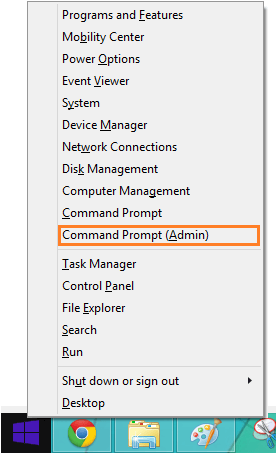
- Type the following command and press Enter
ipconfig /flushdns - Type the following command and press Enter
ipconfig /registerdns
Try Using The netsh Commands
If the above commands didn’t fix the problem, then try using the following commands to reset ipv4, ipv6, and winsocket.
- Press the Windows Key + X > Command Prompt (Admin)

- Type the following command and press Enter
netsh winsock reset - Type the following command and press Enter
netsh int ipv4 reset - Type the following command and press Enter
netsh int ipv6 reset
Restart the computer and try using the internet on any web browser. The problem should have been fixed.
I Hope You Liked This Blog Article! If You Need Additional Support on This Issue Then Please Don’t Hesitate To Contact Me On Facebook.
Is Your PC Healthy?
I always recommend to my readers to regularly use a trusted registry cleaner and optimizer such as WinThruster or CCleaner. Many problems that you encounter can be attributed to a corrupt and bloated registry.
Happy Computing! ![]()

Wally’s Answer Rating
Summary: Every Windows Wally blog post is evaluated on these three criteria. The average of all three elements determines an "Overall Rating" for each blog post.

